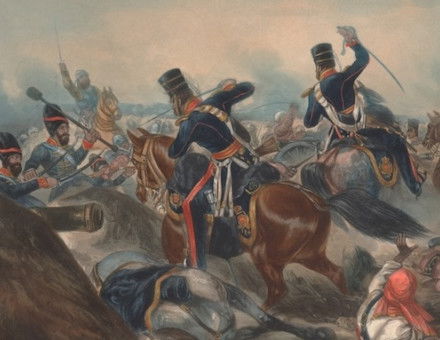Henry Salt, Esq.
As Consul General for Great Britain in Egypt, Henry Salt established a friendly understanding with the free Albanian Viceroy Mohamed Ali. John Brinton describes how, through their relationship, Salt was able to rescue many treasures of ancient Egyptian art.



